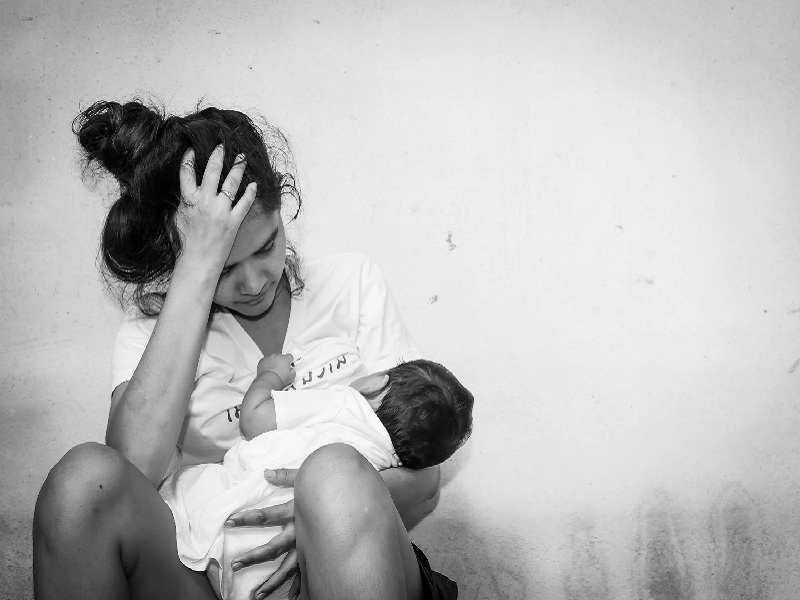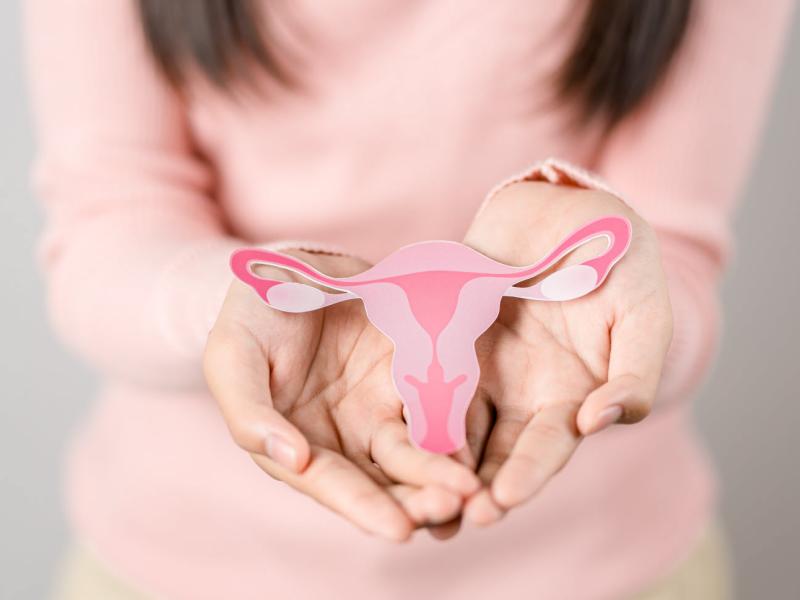Many new mothers face emotional difficulties after giving birth. Postpartum (postnatal) depression is a serious condition that affects many women, but it is often misunderstood and underdiagnosed.
What is postpartum depression?
Postpartum depression is a mood disorder that can persist in women after giving birth. It manifests itself in feelings of sadness, hopelessness, fatigue, irritability, and anxiety.
For the new mother, the birth of the baby can bring up a cascade of intense and contrasting emotions, from excitement and joy to tantrums and anxiety. However, it can also lead to postpartum depression.
Many “first-time” mothers experience the “baby blues,” a physiological condition characterized by mood swings and crying spells that quickly disappear. However, others may develop a more serious form of postpartum depression. In rarer cases, postpartum psychosis may occur.
Unlike the "baby blues" which are temporary (last a few weeks after giving birth), postpartum depression persists longer and may require medical treatment.
Causes of postnatal depression
Postpartum depression arises from a variety of physical, emotional, and environmental factors. The precise causes are not fully understood, but they could involve:
- Hormonal changes after childbirth
- Tiredness
- Lack of sleep
- Isolation
- Maternal stress
- A family or personal history of mood disorders
Symptoms of postpartum depression
It's important to recognize the symptoms of postpartum depression so you can get the help and support you need. Here are some of the common signs of postpartum depression:
- Persistent feelings of sadness or hopelessness
- Loss of interest in daily activities
- Changes in appetite and weight gain
- Sleep problems (insomnia or hypersomnia)
- Irritability or excessive anger
- Extreme fatigue
- Difficulty concentrating or making decisions
- Feelings of guilt or shame
- Suicidal thoughts or fantasies
If you experience more than one of these symptoms, it is important to seek medical help as soon as possible.
Support options for women with postpartum depression
Fortunately, there are many support options for women with postpartum depression. Here are some of the solutions available:
Talk to a healthcare professional
The first step to getting help is to talk to a healthcare professional. Your family doctor or gynecologist will be able to assess your symptoms and suggest an appropriate treatment. They can recommend individual or group therapy, as well as medication if necessary.
Seek support from loved ones
It is important to talk to your partner, family, and close friends. Emotional and practical support from loved ones can be extremely beneficial when dealing with postpartum depression.
Don't be afraid to talk openly about your feelings with your partner, close friends, or other moms. It is important not to keep your emotions to yourself. When you share your thoughts and feelings, you can find support and solutions to your problems.
Join a support group
Joining a support group for women with postpartum depression can help you connect with other women who are going through similar experiences.
Sharing your experiences and emotions with other people can be very comforting and provide a feeling of understanding and support.
Look after yourself
It is essential to take care of yourself when dealing with postpartum depression. Make sure you give yourself time, exercise regularly, eat healthily, and try to get enough sleep. Relaxing activities like yoga, meditation, or reading can also be beneficial.




